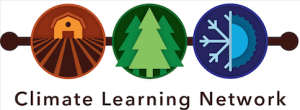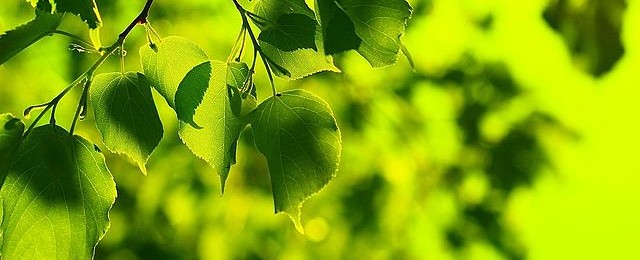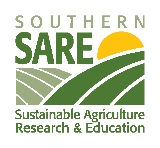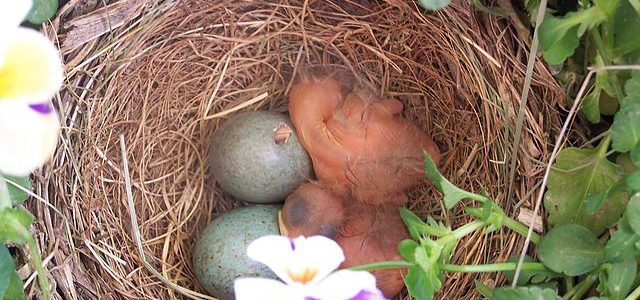Events
-

The next CLN webinar “A changing climate for agriculture: tools for kick starting adaptation” will be delivered on Thursday, June 2, 2016 at 2:00pm EDT. Dr. John Abatzoglou Associate Professor of Geography, University of Idaho and member of the REAACH CAP team. Dr. Abatzoglou will present their work on downscale climate data This is climate data at…
-

The Center for Urban Agriculture published a list of upcoming events in their latest newsletter. You can read it at https://ugaurbanag.com/heads-green-industry/. It lists some upcoming meetings and conferences as well as certification opportunities. Check it out!
-

The Climate Learning Network recently hosted an hour-long webinar by Dr. Marshall Shepherd of UGA on the basics of climate change science. It is now available on demand for viewing at https://www.climatewebinars.net/webinars/climate-change-science-101-for-land-grant-university-administrators/?searchterm=shepherd. I haven’t watched it yet myself, but Dr. Shepherd is usually an engaging speaker who brings in a lot of current information at an…
-

The National Center for Atmospheric Research and the US Department of Agriculture are hosting a joint workshop in Boulder CO on July 12-15 on climate change, global food security and the US food system. Applications are due by June 1. If you are selected, you will receive travel support and per diem. You can read…
Posted in: Events -

The latest Southern SARE newsletter is now available. You can view it here. It lists a variety of workshops and other activities in sustainable agriculture, including livestock and cover crop workshops, that might be of interest.
-

In honor of the holiday today, I am taking the day off to spend with my family. Hope you are doing the same!
-

This week, May 2-6, is National Air Quality Week. EPA has a web site which describes some of the events which are going on around the country at https://www3.epa.gov/airnow/airaware/. You can also find information on this topic from NOAA at https://www.airquality.noaa.gov/.